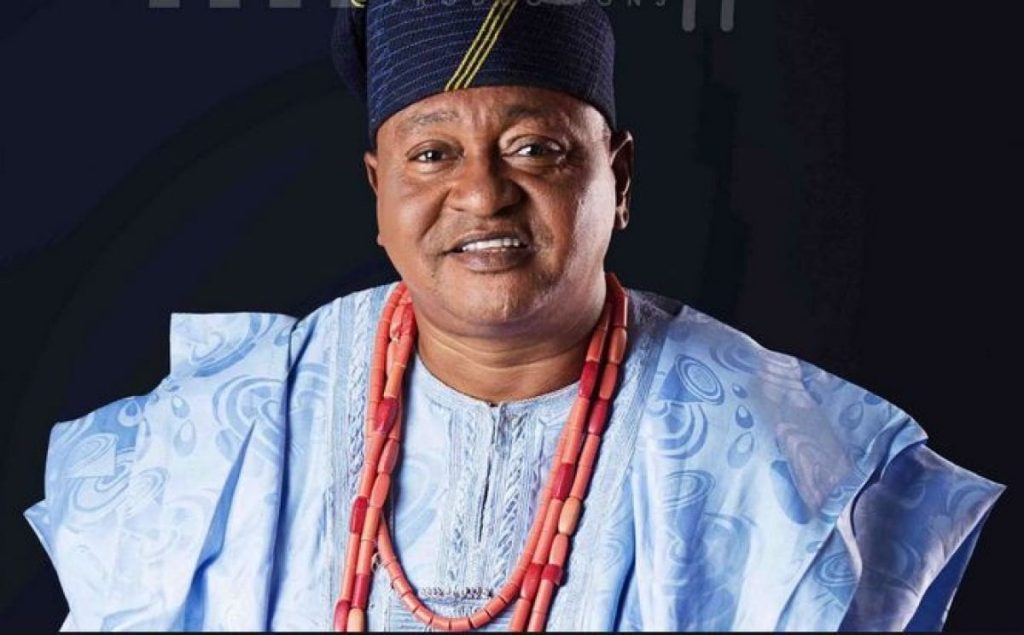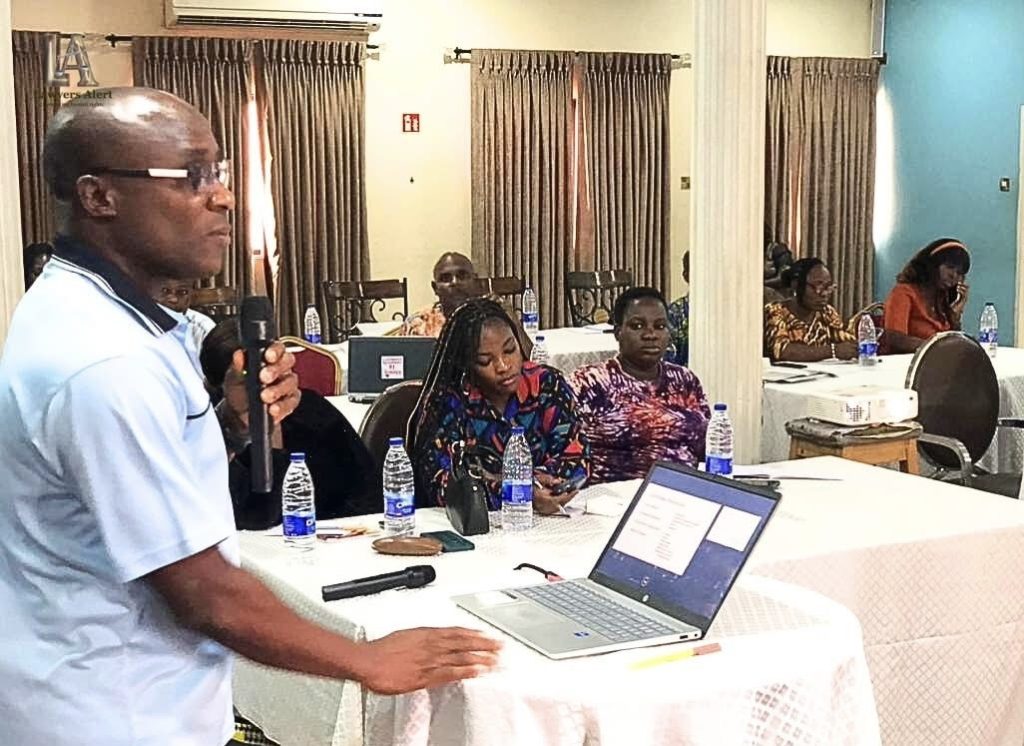Abuja, Nigeria — President Bola Tinubu of Nigeria has declared that the country will no longer pay ransom to armed gangs that have been terrorizing the nation with kidnappings and extortion. This announcement comes as activists mark the 10th anniversary of the abduction of 276 schoolgirls from Chibok.
In an opinion piece published in Newsweek magazine titled “Ten Years Since Chibok – Nigeria Will No Longer Pay the Price,” Tinubu emphasized the need to address the root causes of poverty, inequality, and lack of opportunity to combat the threat posed by criminal gangs. He stated that ransom payments only serve to embolden criminals and perpetuate the cycle of violence.
Instead of giving in to ransom demands, Tinubu stated that perpetrators of violence will face the full force of the security services. He highlighted the recent successful rescue of 137 school students in Kaduna state, where no ransom was paid despite the kidnappers’ demands.
While some experts agree that ransom payments only fuel criminal activities, others argue that Nigeria’s security apparatus is not yet equipped to handle such situations effectively. The lack of accountability from authorities has been a major concern, with security analyst Senator Iroegbu calling for preventive measures to be put in place to curb kidnappings.
Tinubu also addressed the slow response to the Chibok abduction in 2014 and emphasized the evolving nature of the security threat in Nigeria. He noted that criminal gangs are now primarily motivated by financial gain, unlike Boko Haram, which sought to establish Islamist rule.
In addition to tackling insecurity, Tinubu highlighted his economic reforms aimed at saving public finances and attracting foreign investment. Despite facing criticism for scrapping fuel subsidies and floating the naira, Tinubu defended these decisions as necessary steps to revive the economy and reduce poverty levels.
Ultimately, Tinubu stressed the importance of addressing the underlying triggers of insecurity in Nigeria, including poverty, inequality, and lack of opportunity. He concluded his article by reaffirming his commitment to ending ransom payments to kidnappers and implementing policies to uplift the Nigerian people economically.



